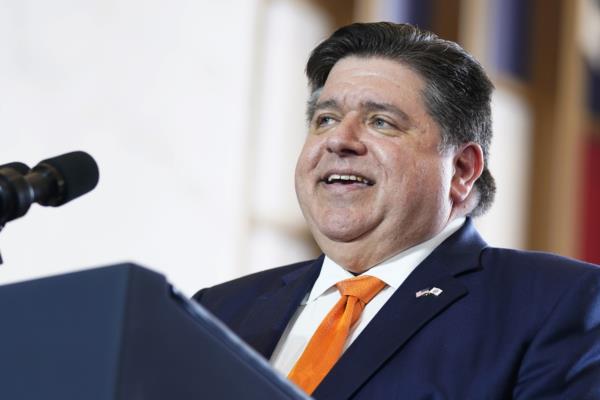
Illinois Democrats recently implemented a significant change in the process for candidates seeking a spot on the General Assembly ballot, drawing criticism from Republicans who claim the rules were altered midway through the election process.
The new law, signed by Governor J.B. Pritzker, eliminates the practice of local political parties selecting legislative candidates without going through primary elections. Previously, candidates not on the primary ballot could still run in November after receiving approval from party leaders and gathering the required number of valid petition signatures by the June 3 deadline set by the Illinois State Board of Elections.
Supporters of the change argue that the previous process allowed for candidates to be chosen behind closed doors, limiting transparency and voter engagement. However, with the law taking effect while candidates are in the midst of collecting signatures, there is potential for legal challenges and courtroom disputes.
Senate Republican Leader John Curran criticized the new law, accusing Democrats of attempting to manipulate election outcomes. He argued that the change was not about improving processes but rather about influencing election results in their favor.



Despite the implementation of the new law, the State Board of Elections continues to accept candidate filings and will proceed with the usual petition challenge process. The board will review any objections to the validity of candidate petitions, including potential challenges related to the timing of filings under the new law.
Senate President Don Harmon, the Democratic sponsor of the legislation, defended the change as a necessary step to address a problematic practice where candidates strategically avoided primaries to assess the political landscape before deciding to run in November.
The State Board of Elections plans to certify the ballot by August 23 after considering any objections raised during the petition challenge period. The ongoing debate underscores the importance of transparency and fairness in the electoral process, ensuring that candidates face voters before becoming the official nominees of major political parties.







